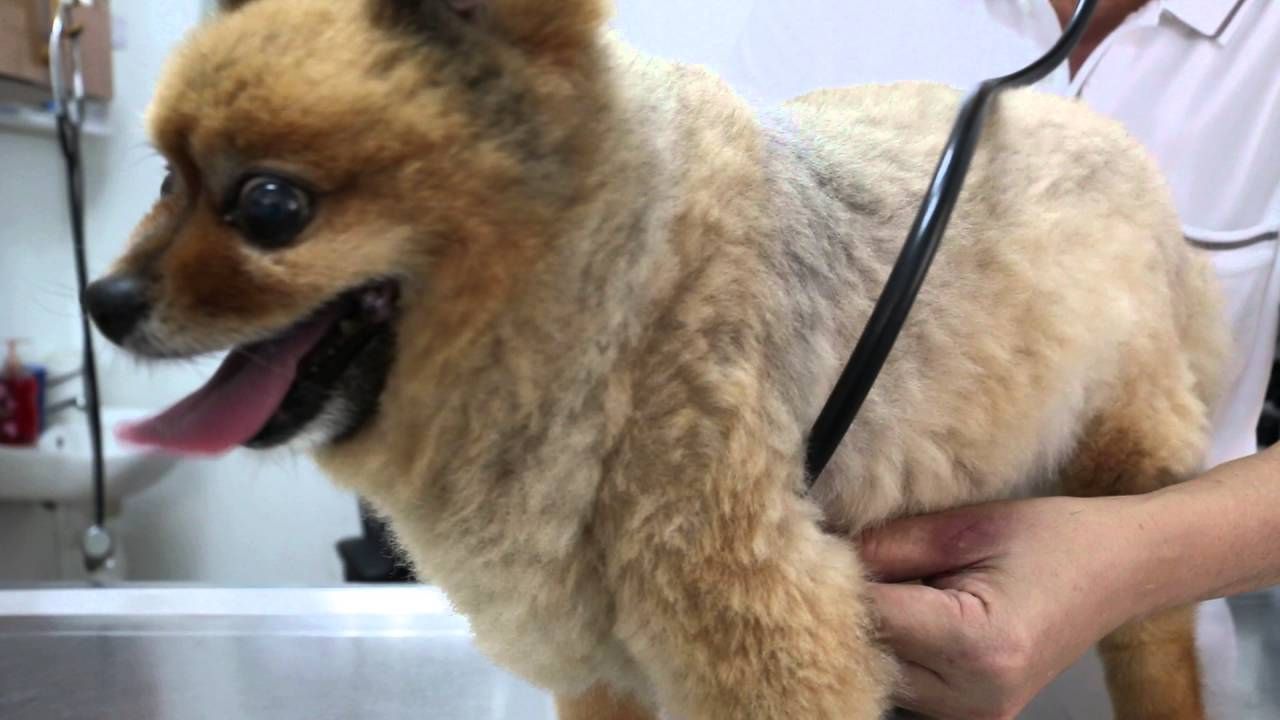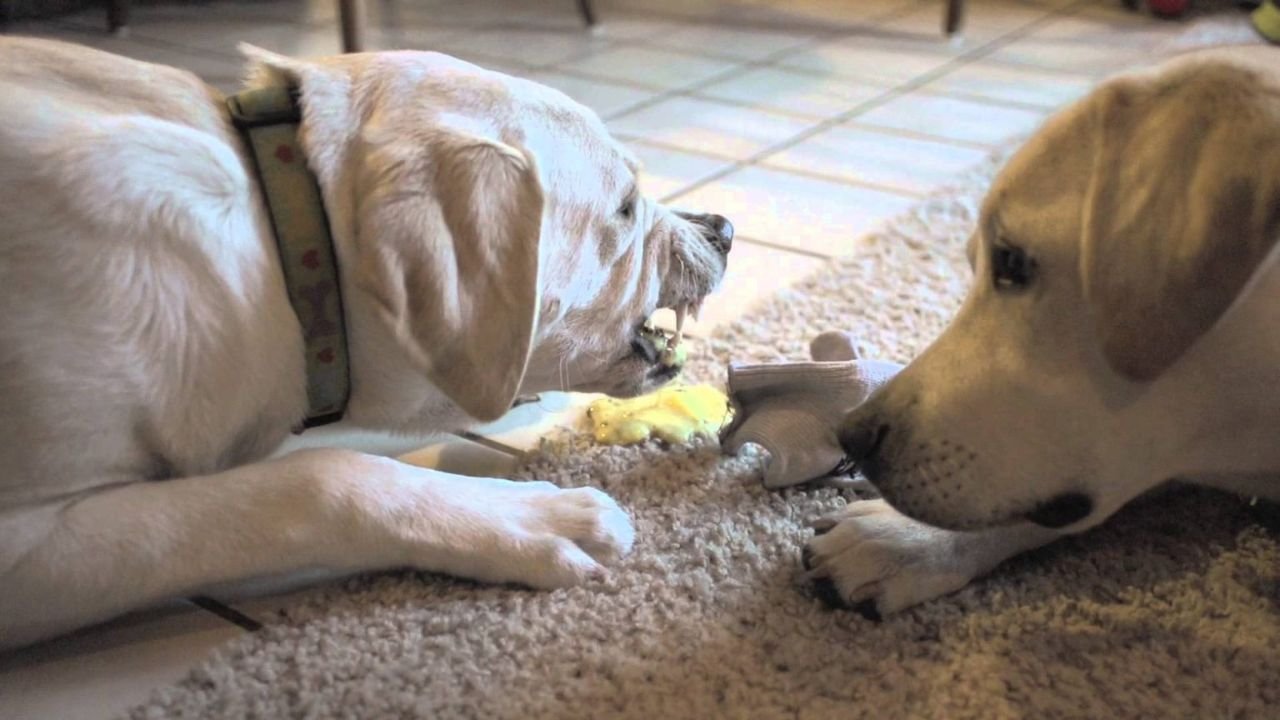“What to Do If Your Pomeranian is Throwing Up” As a loving pet owner, seeing your Pomeranian experiencing bouts of vomiting can be distressing. While occasional vomiting may not always cause concern, monitoring your dog’s health and taking appropriate action when necessary is important. In this piece, we will talk about the potential causes. behind Pomeranian vomiting, provide valuable guidance on what to do if your beloved furry friend is throwing up.
Common Causes of Pomeranian Vomiting

Pomeranians, like any other dogs, can vomit due to various reasons. Finding the root cause is essential to figuring out the best course of action. Here are some common causes of Pomeranian vomiting
Gastrointestinal issues
These include dietary indiscretion, pancreatitis, stomach ulcers, or inflammatory bowel disease. Changes in diet or consuming spoiled food can also lead to vomiting.
Food allergies or sensitivities
Pomeranians can develop allergies or sensitivities to certain ingredients in their food, resulting in digestive upset and vomiting.
Foreign objects
Pomeranians are curious animals and may accidentally ingest objects that can obstruct their digestive tract. The body may attempt to recover from this by throwing up. expel the foreign object.
Intestinal parasites and infections
Worms and other parasites can cause gastrointestinal disturbances, leading to vomiting.
Heatstroke or dehydration
Pomeranians are sensitive to heat, and overheating can result in vomiting. Dehydration can also trigger similar symptoms.
Steps to Take When Your Pomeranian is Throwing Up
If you notice that your Pomeranian is vomiting, taking appropriate steps to ensure their well-being is crucial. Here are some actions you can take
Contact your veterinarian
If your Pomeranian is unwell after vomiting or if it persists, seeking professional guidance is essential. Your veterinarian is qualified to evaluate the circumstances and offer suitable advice or treatment.
Monitor your Pomeranian’s behavior.
Keep a close eye on your dog’s behavior and look out for any additional symptoms such as diarrhea, lethargy, or loss of appetite. This information will help your veterinarian in diagnosing the underlying issue.
Withhold food temporarily
In some cases, it may be recommended to withhold food for a short period to allow the digestive system to rest. However, always consult with your veterinarian before implementing any dietary changes.
Hydration is key
Ensure that your Pomeranian has access to fresh water at all times. If dehydration is a concern, your veterinarian may advise using an oral rehydration solution specifically designed for dogs.
Modify diet if necessary.
A diet low in ingredients or hypoallergenic may be advised by your veterinarian. if food allergies or sensitivities are suspected. Gradual transitions and elimination trials can help identify the trigger.
Avoid human food
While offering your Pomeranian some human food during this time may be tempting, it is crucial to avoid doing so. Dogs may become more ill due to ingesting toxic human foods.
Preventive Measures and Long-Term Care
Preventing episodes of vomiting in your Pomeranian is essential for their long-term health and well-being. Dogs may become more ill due to ingesting toxic human foods.
Provide a balanced diet.
Ensure your Pomeranian receives a nutritionally balanced diet suitable for their needs. High-quality dog food, free from potential allergens, can help promote a healthy digestive system.
Avoid sudden dietary changes.
Gradual transitions between dog food brands or flavors can help prevent digestive upsets.
Keep harmful objects out of reach.
Pomeranians, like many small dogs, are prone to ingesting foreign objects. Keep small items, household chemicals, and toxic plants out of their reach to minimize the risk.
Regular veterinary check-ups
Make time to see your veterinarian on a regular basis for checkups. and vaccinations. This helps identify potential health issues early on and ensures your Pomeranian’s overall well-being.
Maintain a suitable environment.
Provide a comfortable and stress-free environment for your Pomeranian. Minimize exposure to extreme temperatures and excessive noise, which can contribute to digestive disturbances.
Additional Considerations and Red Flags
While occasional vomiting may not always be a cause for immediate concern, certain red flags should prompt you to seek veterinary attention promptly. Here are some additional considerations
Persistent vomiting
If your Pomeranian continues to vomit or experiences frequent episodes of vomiting, it is crucial to contact your veterinarian. Chronic vomiting can lead to dehydration and nutrient deficiencies, further complicating your dog’s health.
Blood in vomit
The presence of blood in your Pomeranian’s vomit is a severe indicator that has to be attended to by a veterinarian right away. It can indicate underlying conditions such as gastrointestinal ulcers, infections, or even ingestion of a foreign object.
Abdominal pain or bloating
If your Pomeranian exhibits signs of discomfort such as abdominal pain, bloating, or a distended abdomen, it may indicate a more severe condition like gastric torsion or pancreatitis. These conditions require urgent veterinary intervention.
Change in behavior or appetite
Noticeable changes in your Pomeranian’s behavior, such as lethargy, decreased appetite, or withdrawal, can indicate an underlying health issue. These changes should be addressed and should prompt a visit to your veterinarian.
Vomiting, alongside other symptoms
If your Pomeranian is experiencing vomiting along with other concerning symptoms such as diarrhea, fever, weakness, or seizures, it’s imperative to get help right away. veterinary care. These symptoms indicate a more serious systemic condition requiring prompt diagnosis and treatment.
Home Remedies to Soothe Your Pomeranian’s Upset Stomach
While it is crucial to consult your certain natural remedies can assist a veterinarian for accurate diagnosis and treatment to soothe your Pomeranian’s upset stomach. These remedies can be used in conjunction with veterinary guidance. Here are a few options you can consider:
Fasting: If your Pomeranian has recently vomited, giving their digestive system a break by fasting for around 12 to 24 hours can help. During this time, ensure they can access plenty of fresh water to stay hydrated.
Small, frequent meals
After fasting, gradually reintroduce small, easily digestible meals to your Pomeranian. Offer bland foods like boiled rice with boiled chicken or plain canned pumpkin (not pumpkin pie filling) mixed in their regular dog food. This can help settle their stomach and provide necessary nutrients.
Probiotics
Probiotic supplements can aid in restoring the balance of good bacteria in your Pomeranian’s gut. These supplements can be found at pet stores or recommended by your veterinarian. Always follow the recommended dosage for your dog’s size.
Hydration
Ensure that your Pomeranian has access to fresh water at all times. If your dog has been vomiting and is at risk of dehydration, you can offer small amounts of electrolyte solutions designed for dogs to help replenish lost fluids.
Herbal remedies
Some herbal remedies, such as slippery elm, ginger, or chamomile tea (cooled and diluted), can help alleviate nausea and soothe an upset stomach. However, it is important to consult with your veterinarian to make sure any herbal remedies are safe for your Pomeranian.
When to Seek Veterinary Care
While home remedies may provide temporary relief, it is important to remember that they are not a substitute for proper veterinary care. Sometimes, vomiting in Pomeranians can indicate a more serious underlying health condition. Here are some instances when you should seek immediate veterinary care:
Persistent or severe vomiting:
If your Pomeranian continues to vomit despite home remedies or the vomiting becomes more frequent or severe, it is crucial to consult your veterinarian as soon as possible.
Blood in vomit
The presence of blood in your Pomeranian’s vomit is an alarming sign that requires immediate veterinary attention. It may indicate a serious condition such as gastric ulcers or gastrointestinal bleeding.
Lethargy and other concerning symptoms
If your Pomeranian is vomiting and exhibiting signs of lethargy, weakness, loss of appetite, abdominal pain, or other symptoms, it is important to seek veterinary care promptly.
Ingestion of toxic substances
Suppose you suspect that your Pomeranian has ingested a toxic substance, such as certain plants, chemicals, medications, or human food. If that is toxic to dogs, contact your veterinarian immediately or a pet poison control hotline.
Conclusion
What to Do If Your Pomeranian is Throwing Up, Vomiting in Pomeranians can be caused by various factors, ranging from gastrointestinal issues to food allergies or sensitivities. If your Pomeranian is throwing up, it is crucial to contact your veterinarian for appropriate guidance and diagnosis. By taking the necessary steps, monitoring their behaviour, and making preventive changes, you can help ensure your Pomeranian’s digestive health and overall well-being.
FAQ
Why does my Pomeranian vomit?
What to Do If Your Pomeranian is Throwing Up, Pomeranians vomit for various reasons, including harmless grass eating, rapid water drinking or food consumption. Vomiting can also be a sign of a life-threatening condition like heatstroke, liver failure or poisoning. Table Of Contents [show] Reasons Why Pomeranians Vomit Why Is My Pomeranian Vomiting Yellow
What should I do if my puppy vomits after eating?
What to Do If Your Pomeranian is Throwing Up, Additionally, make sure your puppy is still consuming enough water. If your puppy throws up after consuming water or a small meal, contact your veterinarian right away. If your puppy suffers from a more severe illness that is vomiting, your vet will prescribe appropriate medical treatment. Hospitalization may be necessary in severe cases.
What if my dog vomits more than once?
What to Do If Your Pomeranian is Throwing Up, You should contact your veterinarian right away if your dog throws up frequently or if vomiting episodes occur frequently. Given that vomiting is a sign of numerous dangerous conditions, we as dog owners have a responsibility to treat our pets’ vomiting seriously. Ignoring your dog’s vomiting can have detrimental effects on them, possibly even fatal ones.

